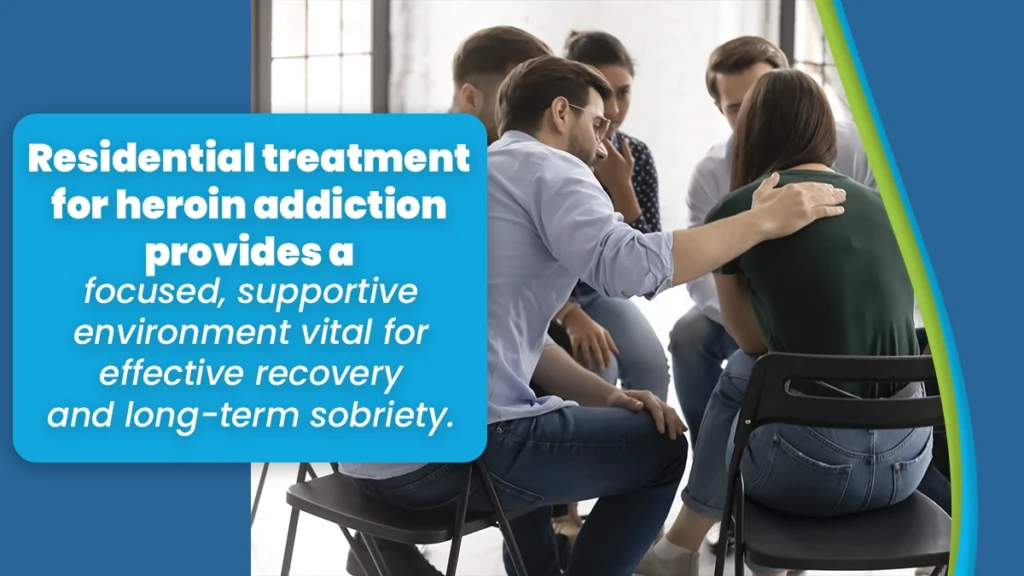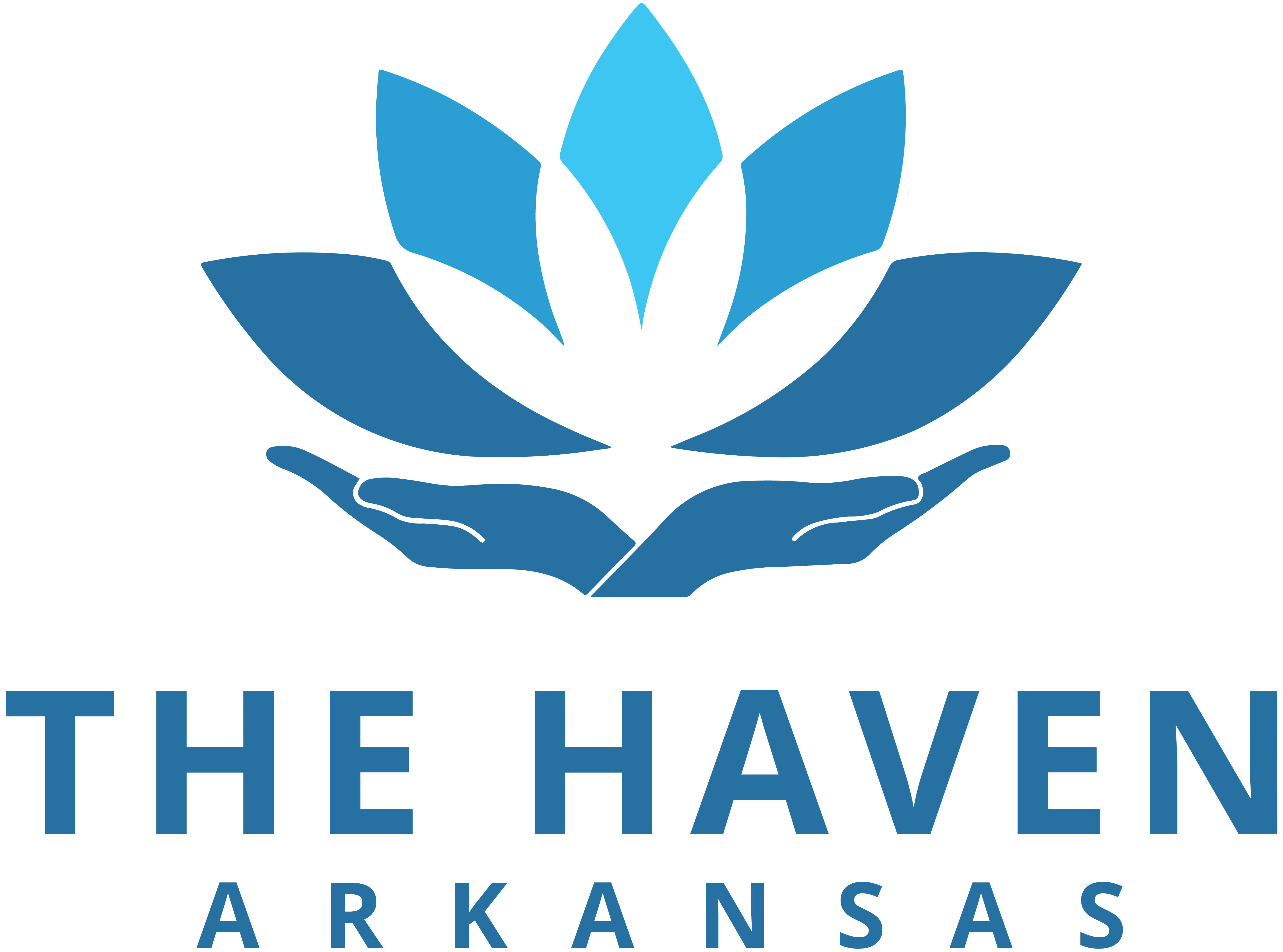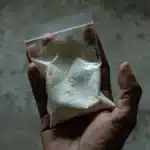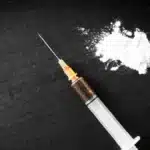Heroin addiction is a challenging condition affecting many individuals. It often leads to physical dependence and emotional struggles, making recovery difficult. Residential treatment offers a structured environment where individuals can focus solely on overcoming their addiction.
Residential treatment provides a comprehensive approach to recovery, offering medical care and therapy in a supportive setting. Explore the benefits of residential treatment and learn how it can aid in the journey to recovery.
Key Takeaways
Heroin addiction involves a powerful, uncontrollable craving for the drug, leading to severe health issues. Here’s what you need to know:
- There are various treatment options for heroin addiction, ranging from outpatient programs to intensive residential care.
- Residential treatment for heroin addiction provides a structured, immersive environment for focused recovery and support.
- Choosing the right residential treatment program depends on individual needs, treatment methods, and available support.
The Haven Detox-Little Rock provides specialized residential treatment for heroin addiction. Call us at (501) 271-3342 for more details.

Understanding Heroin Addiction
Heroin addiction is a severe condition where a person becomes dependent on the drug heroin. Heroin is an opioid that changes the way the body and brain work, making it hard to stop using. People addicted to heroin often need more of the drug to feel the same effects.
Addiction can cause many health problems, including severe physical and mental health issues. Users might experience intense cravings, withdrawal symptoms, and changes in behavior. This can lead to risky behaviors and affect their relationships and daily lives.
Treatment for heroin addiction usually involves medical and psychological support. Programs may include medication to manage withdrawal and therapy to address the underlying issues. Support from family and friends is also vital for recovery.
Types Of Heroin Addiction Treatment
Heroin addiction treatment offers various options to help individuals. Substance abuse treatment programs include outpatient, inpatient, and residential rehab approaches. Professional help and supportive environments are vital for recovery. Treatment facilities provide different services to meet each patient’s needs and goals.
Outpatient Vs. Inpatient Treatment
Outpatient treatment programs allow patients to live at home while receiving care. This option offers flexibility for individuals with daily responsibilities. In contrast, an inpatient rehab program provides intensive, around-the-clock support. These treatment options are suitable for severe cases of heroin use disorder and withdrawal.
The Role Of Residential Treatment
Residential rehab offers a structured, supportive environment for individuals struggling with heroin use disorder. Treatment facilities focus on long-term care and provide various treatment options. This approach helps patients avoid triggers, receive continuous professional help, and follow a personalized treatment plan tailored to their needs.
The Structure Of Residential Treatment Programs
Residential treatment programs provide a structured environment for recovery. They include various types of treatment, such as individual therapy, group therapy sessions, and recreational activities. These programs aim to help patients develop life skills and manage drug use effectively with professional support.
Initial Assessment And Diagnosis
The initial assessment and diagnosis are the first steps in residential treatment. Medical professionals evaluate the patient’s health and drug use history. This process helps identify the right treatment type, ensuring personalized care tailored to the individual’s needs.
Detoxification Process
The detoxification process removes harmful substances from the body under medical supervision. It helps to manage heroin withdrawal symptoms safely, especially for those with opioid use. This step is essential for preparing individuals for further treatment and long-term recovery.
Therapeutic Methods
Therapeutic methods in residential treatment include cognitive behavioral therapy, family therapy, and group therapy sessions. These approaches address the root causes of drug use and help develop coping strategies. A holistic approach may involve medication-assisted treatment and recreational activities for overall well-being.
Benefits Of Residential Treatment
Residential treatment for heroin addiction offers structured care in a safe environment. This heroin addiction treatment program addresses both physical symptoms and mental health conditions. It helps individuals break the cycle of addiction and provides effective treatment for long-term recovery.
Comprehensive Care And Monitoring
Comprehensive care includes constant medical monitoring for heroin addiction recovery. Professional treatment addresses physical symptoms and mental health conditions effectively. In addition, it provides a structured environment that ensures consistent support, helping individuals achieve their goal of breaking free from addiction.
Supportive Community Environment
A supportive community environment in a treatment center offers emotional support. Family members and peers in similar situations encourage. This sense of community helps individuals stay committed to their heroin addiction treatment program, making the first step toward long-term recovery easier.
Specialized Medical And Therapeutic Services
Residential treatment centers offer specialized medical care for heroin addiction. They address the long-term effects of addiction with professional treatment and therapy. In addition, these centers provide education and counseling to help individuals manage mental health conditions and maintain a successful recovery.
Challenges In Residential Treatment
Residential heroin addiction treatment faces unique challenges, including financial issues, stigma, and relapse. According to the National Institute on Drug Abuse, clients may struggle with these obstacles. Addressing these concerns is essential for effective treatment and access to additional resources.
Financial Challenges And Insurance Issues
Financial challenges and insurance issues can hinder access to drug rehabs in the United States. Many clients face high treatment costs, making it difficult to afford care. Understanding insurance coverage and exploring payment options are crucial steps to support heroin addiction recovery.
Stigma Surrounding Addiction And Treatment
The stigma surrounding addiction and treatment can create barriers for individuals seeking help. This stigma often leads to shame and fear, preventing clients from accessing necessary care. Addressing stigma is essential for encouraging individuals to seek help and access treatment resources.
Relapse Prevention Strategies
Relapse prevention strategies are vital for clients in heroin addiction treatment. These strategies include developing coping skills, understanding signs of heroin addiction, and accessing support systems. According to the National Institute on Drug Abuse, effective relapse prevention requires ongoing care to achieve long-term recovery.
Selecting The Right Residential Treatment Program
Choosing the right residential treatment program is essential for successful recovery. Look for programs that meet your specific needs and preferences. Consider factors like location, staff experience, and types of therapies offered to ensure you the best care and support.
Accreditation And Licensing
Accreditation and licensing show that a treatment program meets quality standards. Accredited facilities follow strict guidelines, ensuring safe and effective care. Checking for proper licensing can give you confidence that the program is trustworthy and complies with necessary health and safety regulations.
Treatment Approaches And Philosophies
Different treatment programs use various approaches and philosophies to support recovery. Some focus on traditional methods, while others include holistic or alternative therapies. Research the program’s philosophy to ensure it aligns with your beliefs and goals, promoting the best outcome for your recovery.
Aftercare Services And Support Networks
Aftercare services and support networks help maintain recovery after leaving a treatment program. Look for programs offering ongoing counseling, support groups, and resources. Vital aftercare and support systems can prevent relapse and provide continuous guidance as you navigate your recovery journey.
Frequently Asked Questions (FAQs)
What to do when a loved one has a drug addiction?
When a loved one has a drug addiction, show your support and understanding. Talk to them openly and without judgment about your concerns. Encourage them to seek professional help, like counseling or treatment programs. Research available resources and provide helpful information. Offer to assist them in finding support groups or therapy sessions to aid their recovery.
Avoid enabling their addiction by setting clear boundaries and not supporting harmful behaviors. Take care of your well-being by seeking support from friends, family, or counselors. Remember, addiction is complex and challenging, so recovery requires time, patience, and compassion from everyone involved. You can make a positive difference.
How is drug addiction treated?
Drug addiction is treated using a combination of therapies, focusing on both the physical and psychological aspects. Counseling helps individuals understand their addiction, identify triggers, and develop effective coping strategies. Medical treatments manage withdrawal symptoms and reduce cravings, making it easier to stop using drugs.
Group therapy provides support from others who share similar experiences, making the recovery feel less lonely. Behavioral therapies teach new, healthy habits to replace drug use, helping individuals stay on track. Medication-assisted treatment, combining medications and counseling, is often used for better outcomes. Support from family and friends is also crucial, creating a strong network for long-term recovery.
How long does a typical residential treatment program for heroin addiction last?
A typical residential treatment program for heroin addiction lasts between 30 and 90 days. The exact length depends on each person’s needs and how severe their addiction is. Sometimes, a more extended stay, such as six months to a year, may be recommended for those needing more intensive support.
These programs provide a structured and supportive environment, including medical supervision, therapy sessions, and group meetings. This setting helps individuals focus solely on their recovery without outside distractions. The goal is to offer a safe detoxification space and help develop essential coping skills. Extended stays can improve the chances of a successful long-term recovery by providing more time for personal growth and relapse prevention.
The Haven Detox-Little Rock: Step Into Recovery
If you or a loved one is struggling with heroin addiction, don’t wait to seek help. At The Haven Detox-Little Rock, we offer comprehensive services designed to support your journey to recovery.
Our facility offers a detox program that ensures safe and comfortable withdrawal management under expert supervision. Our residential rehab provides a structured, immersive environment that promotes focused healing and long-term sobriety.
Additionally, our medication-assisted treatment combines effective medications with therapy to manage heroin withdrawal symptoms and reduce cravings.
Take the first step towards a healthier future—call us today at (501) 271-3342 to learn more about our specialized programs and start your path to recovery.




